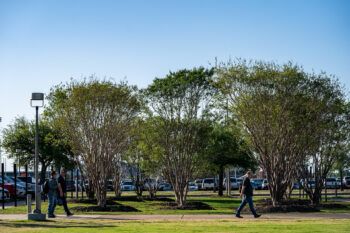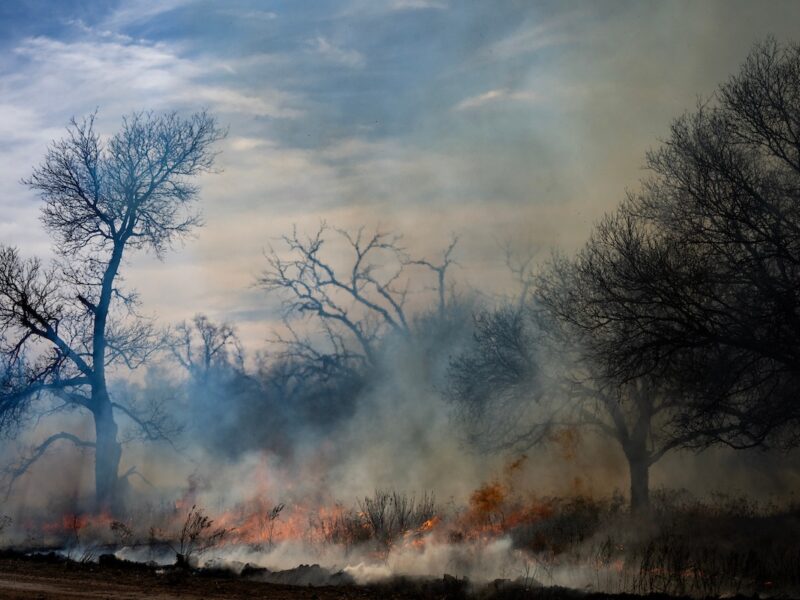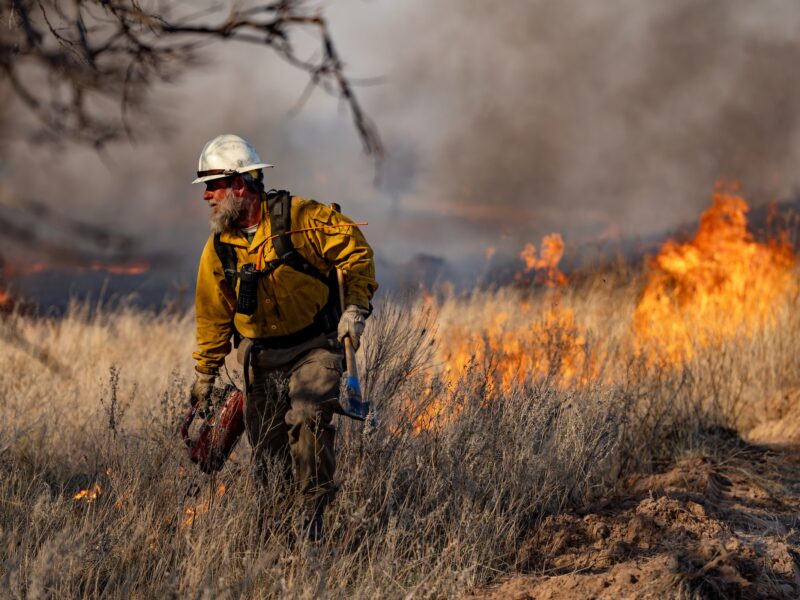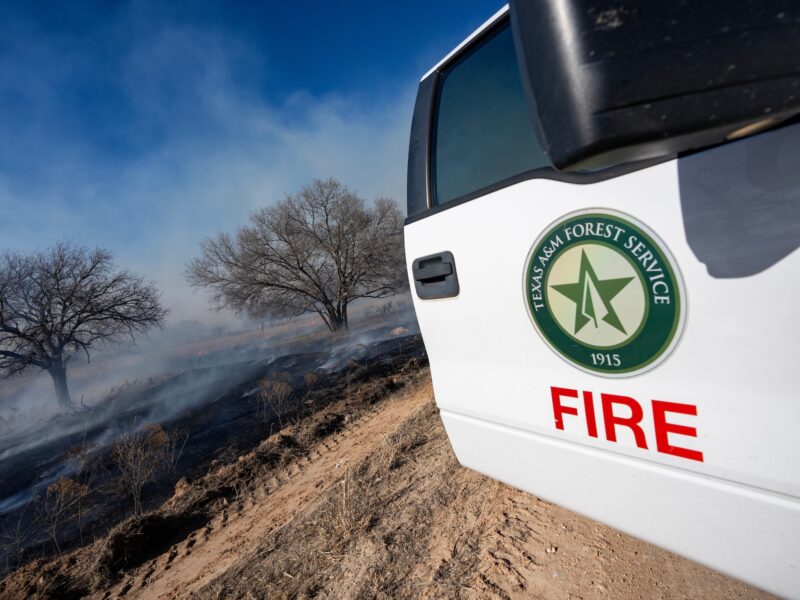Texas A&M Forest Service To Receive $21.75 Million For Urban Forestry Initiatives

The U.S. Department of Agriculture has awarded the Texas A&M Forest Service $21.75 million for projects that will expand and conserve forests in the state’s urban areas.
The funding, part of the Biden administration’s Inflation Reduction Act, will help Texas expand its urban forest canopy, improve air and water quality, reduce energy consumption, and enhance the health and well-being of communities.
“This is a major investment in the health and resilience of our communities,” said Gretchen Riley, Texas A&M Forest Service forest systems department head. “By expanding and conserving our urban forests, we can enhance the overall quality of life for Texans.”
Expanding The Range Of Urban Forestry Projects
The funding will be used to support a range of urban forestry projects across Texas, including tree planting and maintenance, tree canopy assessments, and community engagement and education initiatives. According to the Texas A&M Forest Service, priorities for the funding align with the Healthy Trees, Healthy Lives initiative, which aims to raise awareness about the importance of urban forests and encourage Texans to get involved in urban forestry activities.
Urban forests provide numerous benefits, including:
• Reducing air pollution and greenhouse gas emissions.
• Lowering energy consumption by providing shade and reducing heat island effects.
• Improving water quality and reducing stormwater runoff.
• Enhancing property values and economic vitality.
• Improving public health and well-being.
Riley said the initiatives supported by the funding will prioritize communities and neighborhoods that are historically disadvantaged or in areas of greatest need based on environmental and social data and analyses.
“By focusing on these areas, we can ensure that the benefits of urban forestry are distributed equitably,” Riley said.
Texas A&M Forest Service interim director Al Davis said everyone deserves access to the benefits of trees.
“We are thrilled to receive this funding from the U.S. Forest Service,” Davis said. “This will help us continue to build more resilient and sustainable communities across Texas.”
This article originally appeared on the Texas A&M Forest Service website.





